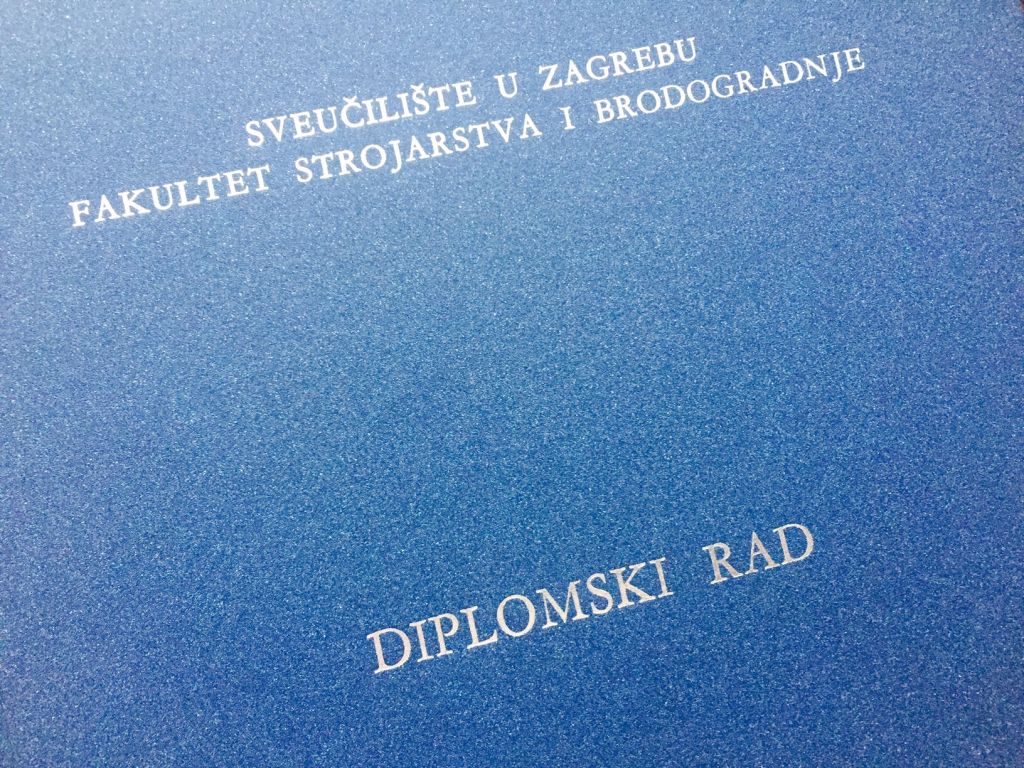Continuous real-time monitoring of product performance combined with real-time control of the said product without physical interactions has a significant impact on all stages and participants in product development. These features are also the main characteristics of the digital twin paradigm in which a digital counterpart is modeled based on the functions and characteristics of the physical product with said products being connected by automated data flows. This study aims to modify the juicer to complete the successful implementation of a digital twin. This enables data monitoring of product electricity consumption during operation, as well as of the volume of juice obtained. Successful data monitoring was enabled by sensors and a microcontroller which sent data via a Wi-Fi connection to a server where it was further stored in a database and displayed in real-time using visualization software. The prototype was tested in an experiment using different types of fruit, where the results show how the density of a particular fruit affects electricity consumption, while also defining the correlation between electricity consumption and juice obtained, which defines product efficiency. It can further be concluded that the digital twin can help optimize electricity consumption, reduce costs of both product usage and product development, reduce the environmental footprint, develop a new generation of products and extend product lifecycle using predictive maintenance. Further studies include the extension of the digital twin to other flows of energy, materials, and signal, as well as more detailed data analysis and the integration of complementary technologies.

Robert Celjak
2021
Bachelor thesis